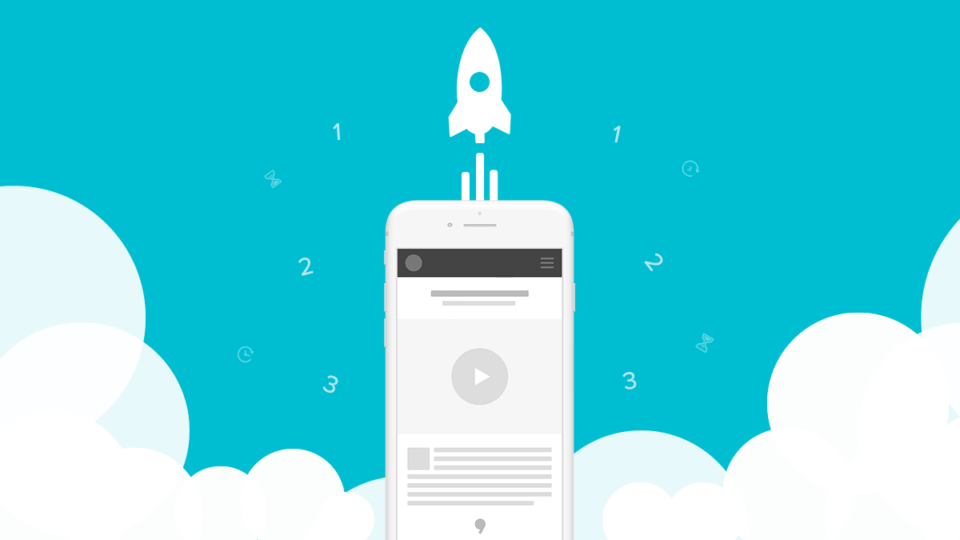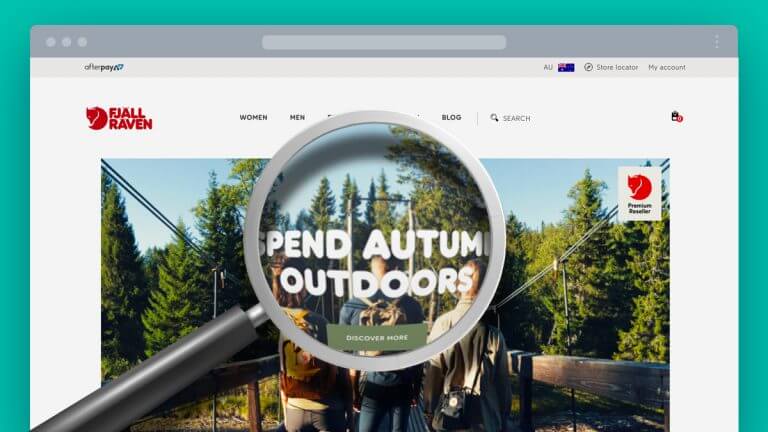Planning your marketing schedule for the year is such a key part of creating winning campaigns for any business. Whether you are in retail or commercial based, a marketing and sales calendar will help you brainstorm ideas and build targeted campaigns in advance.
By building a personalised experience for your customers through tailored campaigns around calendar events, product launches or sales periods, you are building brand awareness, generating leads and helping to increase sales for your business.
So let’s get organised! Start by mapping out dates that offer opportunities for promotional material and campaigns. Check for key industry dates. Don’t forget to add any company specific dates such as product launches and special sales periods.
With your calendar events all sketched out, you can now plot the campaigns you want to run around these calendar events.
The best part of getting organised up front is that the calendar can be recycled year after year and get better each time.
So here is our Marketing and Sales Calendar guide below and a super handy Infographic to get you started!
Save it, share it or pin it so you always have it when you need it.
2019 Important Dates to Remember
January
1st – New Years Day
26th – Australia Day
February
5th- Chinese New Year
14th – Valentines Day
March
2nd- 19th- Melbourne Fashion Festival
14-17th- Australian F1 Grand Prix
17th – St. Patrick’s Day
April
1st – April Fools Day
19th- Good Friday
21st- Easter Sunday
22nd – Easter Monday
25th – Anzac Day
May
12th – Mother’s Day
June
10th- Queen’s Birthday
30th – End of Financial Year Sales
July
Christmas in July
10th – Amazon Prime Day
August
September
2nd – Father’s Day
28th- AFL Grand Final
October
7th – Labour Day
31st – Halloween
November
5th- Melbourne Cup Day
12th – Click Frenzy
29th – Black Friday
December
2nd- Cyber Monday
21st – Biggest Day in Retail. (It’s the last Saturday before Christmas!!)
24th – Christmas Eve
25th – Christmas Day
26th – Boxing Day
31st – New Year’s Eve
Sales and Marketing Calendar infographic







